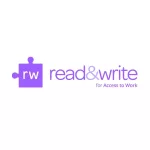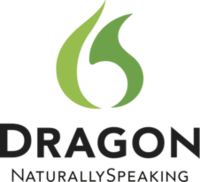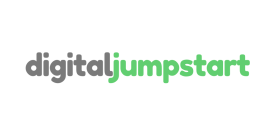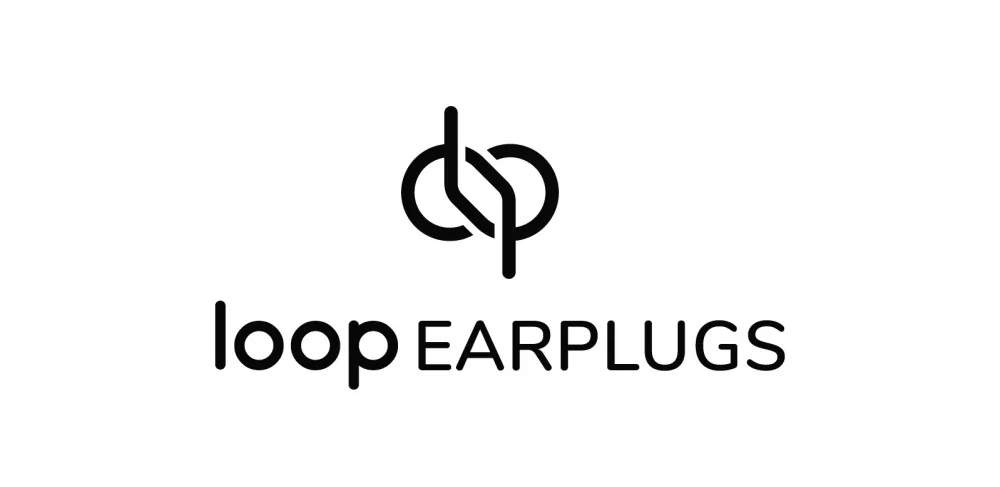support for a neurodiverse workforce.

Access to Work
A government-funded grant scheme to help people with disabilities
The grant can help pay for specialist software, training, and coaching services. The level of funding depends on how long the employee has been in their job and the type of support required.

accessing the scheme.
come onboard
Talk to us about how Digital Jumpstart can make your organisation's Access to Work claims go faster and with smoother implementations.
step one.
For each new Access to Work case, we require an Access to Work ‘referral’ from the person who requires adjustments to their workplace (the client). You can email us, call us, or submit a simple ‘referral form’ that you’ll have access to once you onboard with us.
step two.
Next is the ‘workplace assessment’. This involves a meeting with one of our specialists and the client to discuss the challenges they face in the workplace. Our specialist will provide recommendations and walk those involved through the Access to Work grant application process.
step three.
After the assessment takes place, those involved will receive a report from us detailing our recommended reasonable adjustments along with a proforma invoice that includes the price of all recommendations. Of course, our recommendations vary according to our client’s additional support requirements, but you may expect to find some of the following assistive technology on your report:
Literacy Software
Read&Write by texthelp

Speech Input
Dragon Naturally Speaking

Productivity
MindManager
Accessories
Loop Earplugs
Training
training

Coaching
coaching

step four.
Once the request for Access to Work is approved by DWP, we’ll organise for you to receive your products and services. Typically, this will include assistive technology such as software to support the employee’s reading, writing, and organisation. It’ll also include training so that the employee is confident in using their new assistive tech, and separate coaching sessions to help them develop transferable skills and coping strategies.
Learn more about this funding
Access to Work can pay up to 100% of the approved costs of making reasonable adjustments if the individual is one of the following:
- Unemployed and starting a new job;
- Self-employed;
- Working for an employer for less than six weeks.
Whatever the individual’s employment status, Access to Work will also pay for up to 100% of the approved costs for:
- Support workers;
- Fares to work;
- Communicator support at interview.
If the individual has been employed in a job for more than six weeks and needs special equipment and/or adaptations to premises, then the following financial guidelines will apply:
- employers with 1 to 9 employees will not be expected to share costs
- employers with 10 to 49 employers will pay the first £300 and 20% of costs up to £10,000
- employers with 50 to 249 employees will pay the first £500 and 20% of costs up to £10,000
- large employers with 250 or more employees will pay the first £1,000 and 20% of costs up to £10,000
already onboard?
Make sure you tell your employees about this great programme. Download our internal marketing materials share them with your team leaders:
Sixth Sense Training
We partner with Sixth Sense Training to provide most of our training services. With a background in assistive technology and qualified vocational assessors, they're the perfect partners for our Assess to Work clients.



